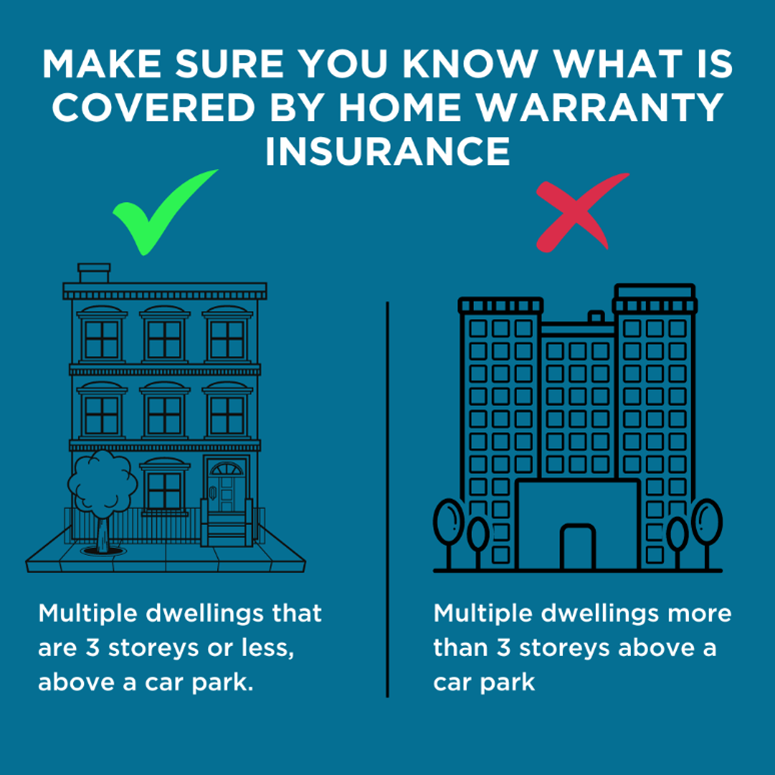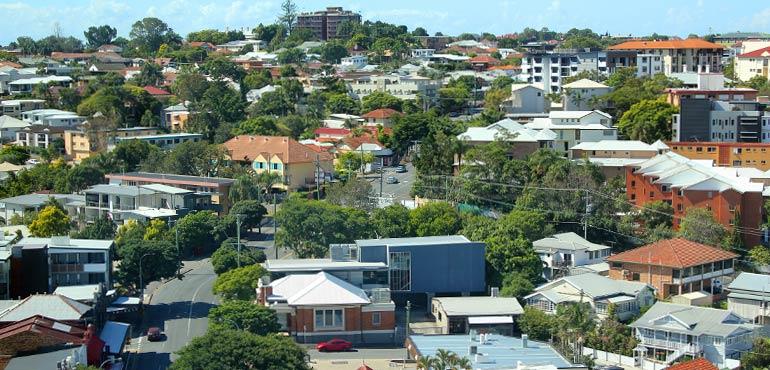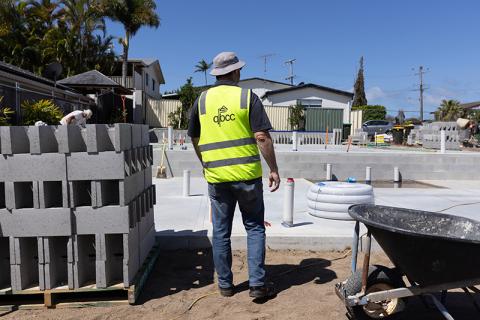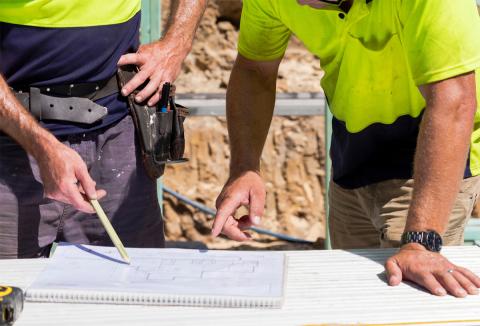The QBCC administers the scheme according to the terms and conditions set by state government legislation.
What does it cover?
Most residential building work in Queensland valued at more than $3,300 (including materials, labour and GST) must have cover under the Queensland Home Warranty Scheme taken out.
It’s important to note the Queensland Home Warranty Scheme does not cover all building and construction work.
For example, building work carried out in or for a structure of more than three storeys (not counting one storey if it comprises mainly a carpark) is not considered residential construction work under the relevant legislation, and therefore is not insurable under the scheme.

Who is responsible for taking out home warranty insurance?
Under the Queensland Home Warranty Scheme licensed contractors must collect the premium from the consumer (homeowner) and pay the premium on behalf of the consumer to the QBCC for residential construction work they undertake.
If the project will cost more than $3,300 (including labour, materials and GST), the home warranty insurance premium must be included in the contract price and collected as part of the deposit. Contractors must collect and pay the premium within 10 business days of entering into a contract or face significant penalties.
How long does it last for?
For structural defects work, home warranty insurance generally covers the property for 6 years and 6 months from date of contract and remains in place even if the property is sold. Where the build takes more than 6 months to complete this increases to 7 years from date of contract.
For non-structural defects such as cosmetic issues, cover generally lasts for 6 months from completion of the works, and any claim must be made within 7 months from completion.
Making a claim
There are also additional timeframes that apply for claims under the Queensland Home Warranty Scheme. You must make a claim within certain time limits.
Non-completion claims
- If work has started, the contract must end within 2 years of the day work starts.
- If work has not started, the contract must end within 2 years of the date the contract was entered into.
- You must lodge your claim within 3 months after the date the contract ends.
Defective work claims
Structural defects are covered:
- for 6 years and 6 months from the date (whichever is the earlier) of:
- paying the premium
- entering into a contract
- work starting
- if you lodge the claim within 3 months of noticing the defect.
Non-structural defects are covered if you:
- become aware of the defect within 6 months after the day the work is completed
- lodge the claim within 7 months of the day the work is completed.
Definition of insurable residential construction work
All residential construction work valued at more than $3,300 (labour, materials and GST) must have home warranty insurance.
This premium for cover must be built into the contract price if you are:
- building
- extending
- adding
- altering
- renovating
- repairing
any residential building, which includes a:
- new home
- residential outbuilding that has a roof, e.g. a garage or carport, pool change room
- manufactured home
- home in an over-50s village (that is not part of a registered retirement village)
- townhouse, duplex or multiple-unit dwelling up to 3 storeys above a carpark
The QBCC has a detailed A to Z guide of insurable work to help make it easier for licensees to understand what is and is not covered. You can find this document and other information on the Queensland Home Warranty Scheme on the QBCC website.
When is cover not required?
To avoid confusion and unnecessary premiums, it's crucial to understand what work doesn't require home warranty insurance.
Key areas of work that DO NOT require home warranty insurance are:
- Work in and on multiple-unit dwellings that have more than three-storeys above a car park.
- These buildings are not considered residential construction work and are not covered
- Building work on the site of a:
- registered retirement village, or
- commercial or industrial premises
- Work for roofed buildings that aren’t for residential purposes e.g. farm sheds, horse arenas etc
Cost plus contracts and home warranty insurance
Cost plus contracts can complicate home warranty insurance matters. While they can be used for residential building work, they often lead to uncertainties regarding final project costs and insurance coverage.
This type of contract limits the protection offered under the Queensland Home Warranty Scheme and can lead to an increased chance of a dispute occurring. The QBCC recommends avoiding cost plus contracts to mitigate these risks.
Further information about cost plus contracts can be found on the QBCC website.



